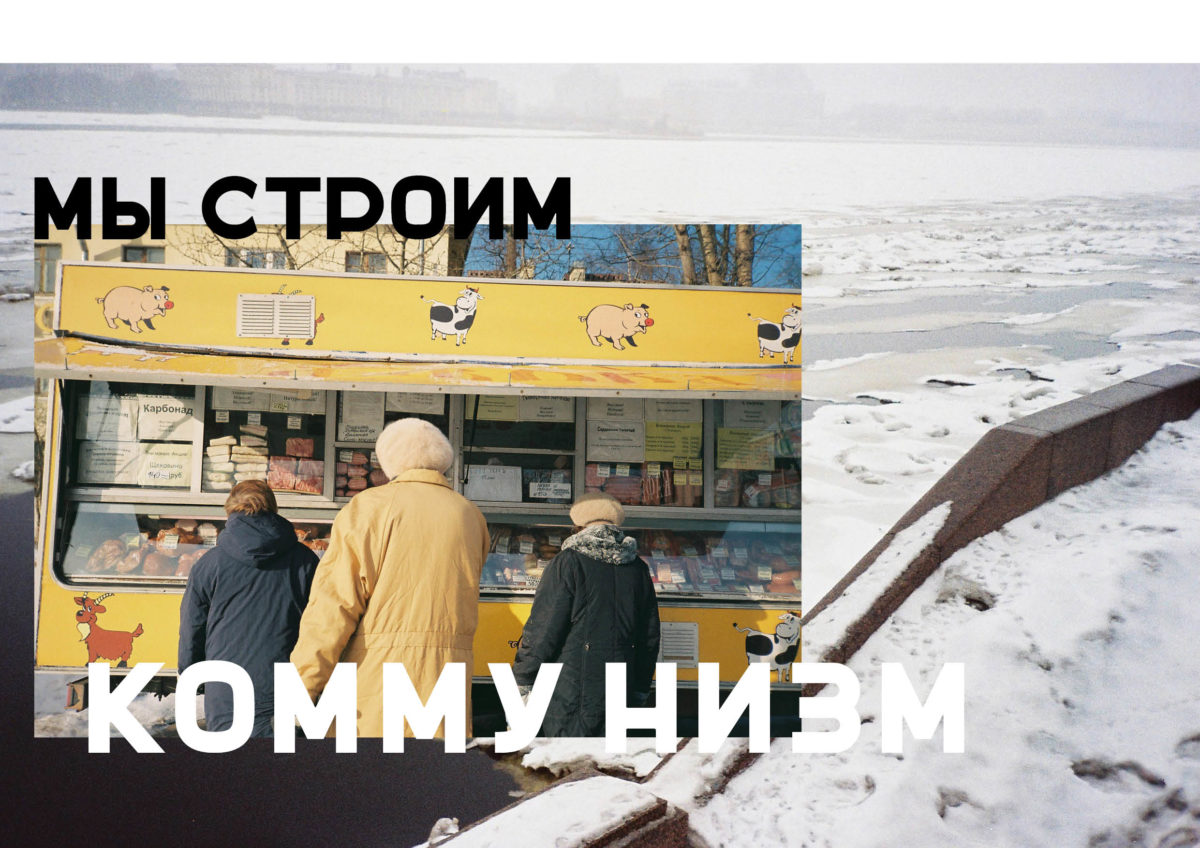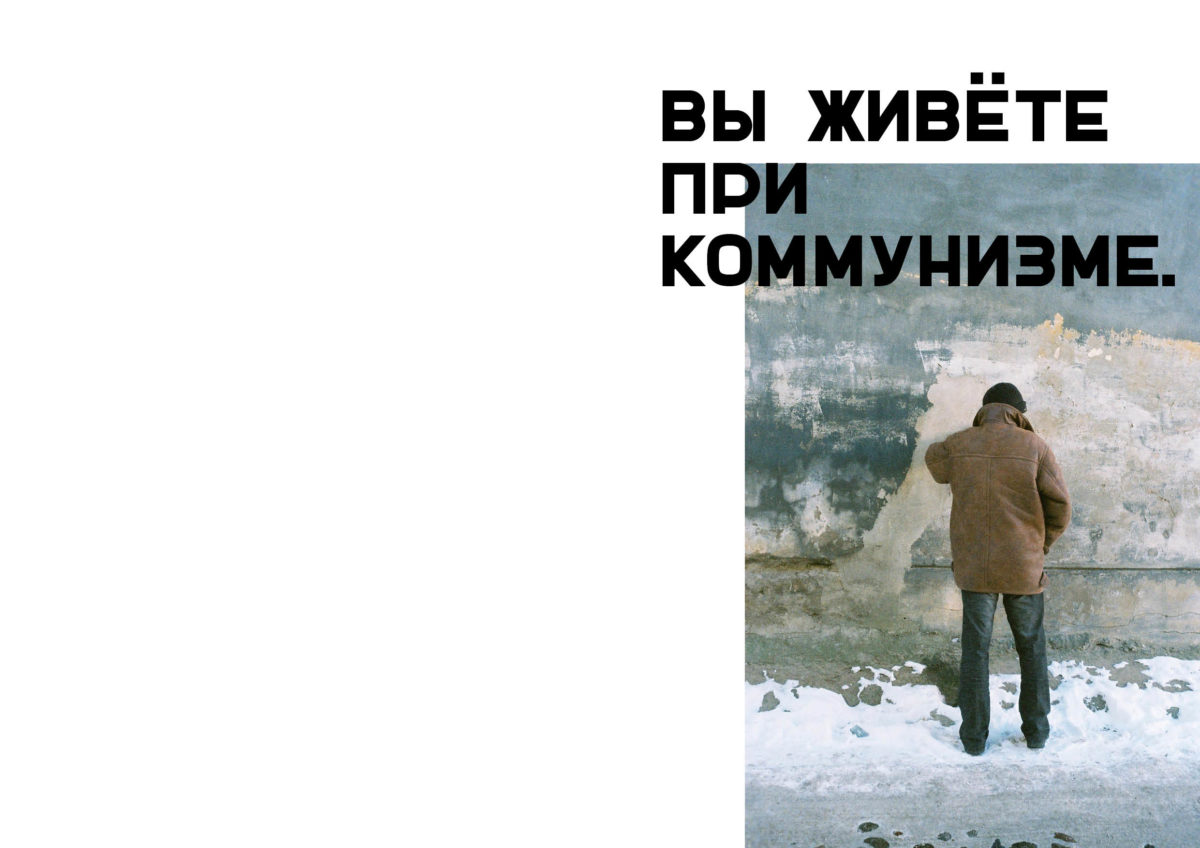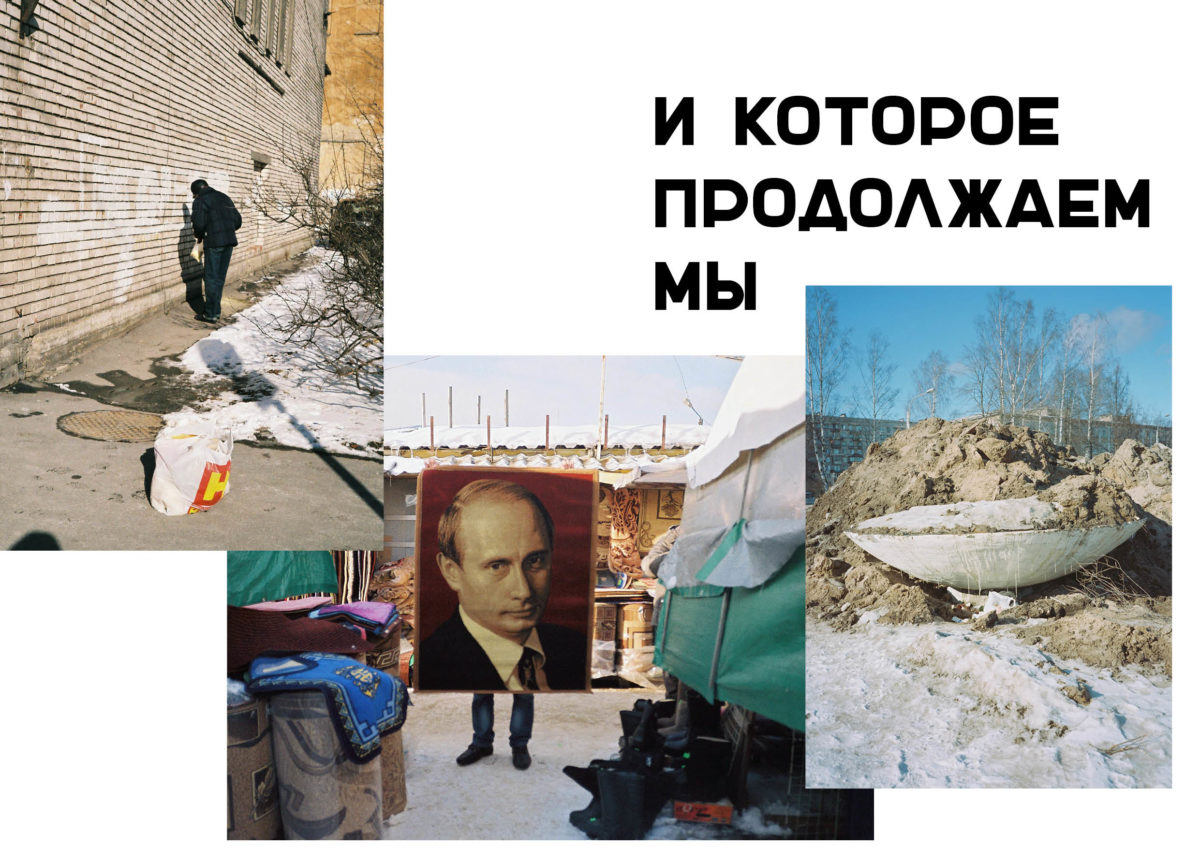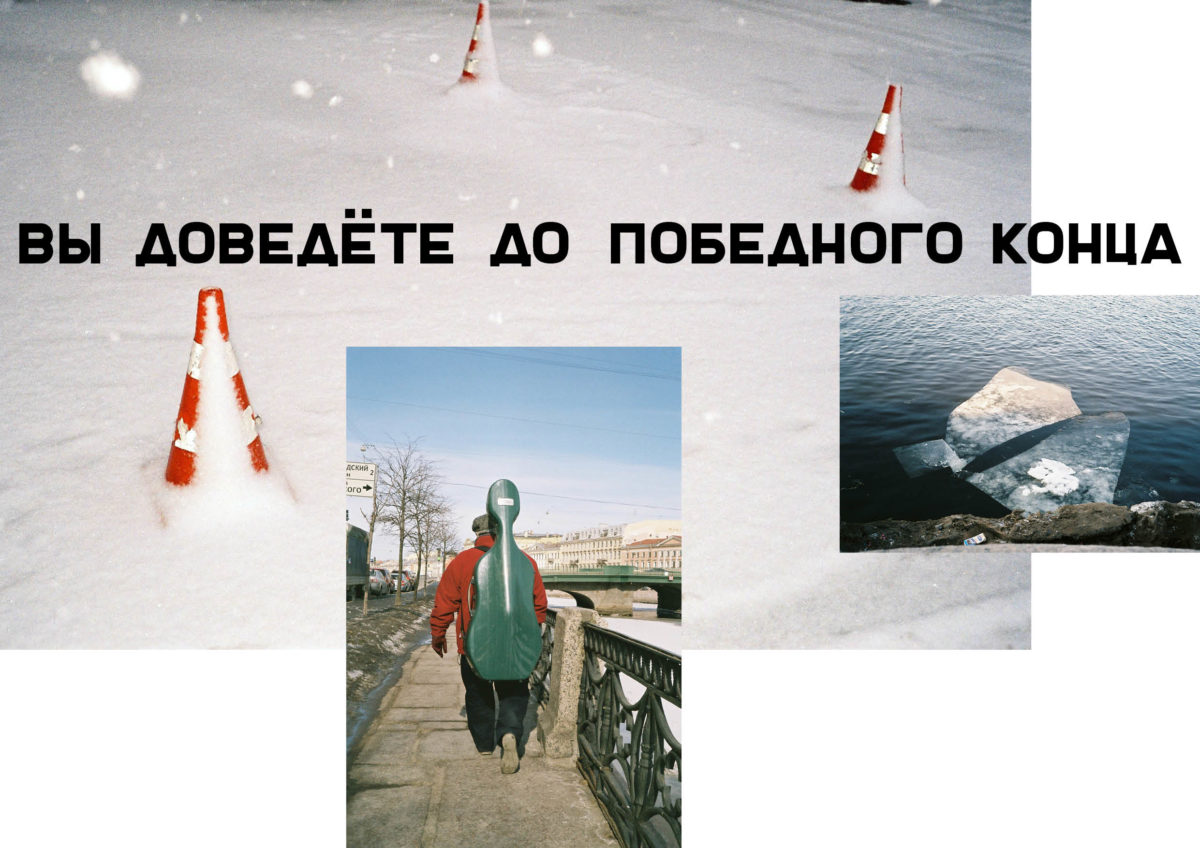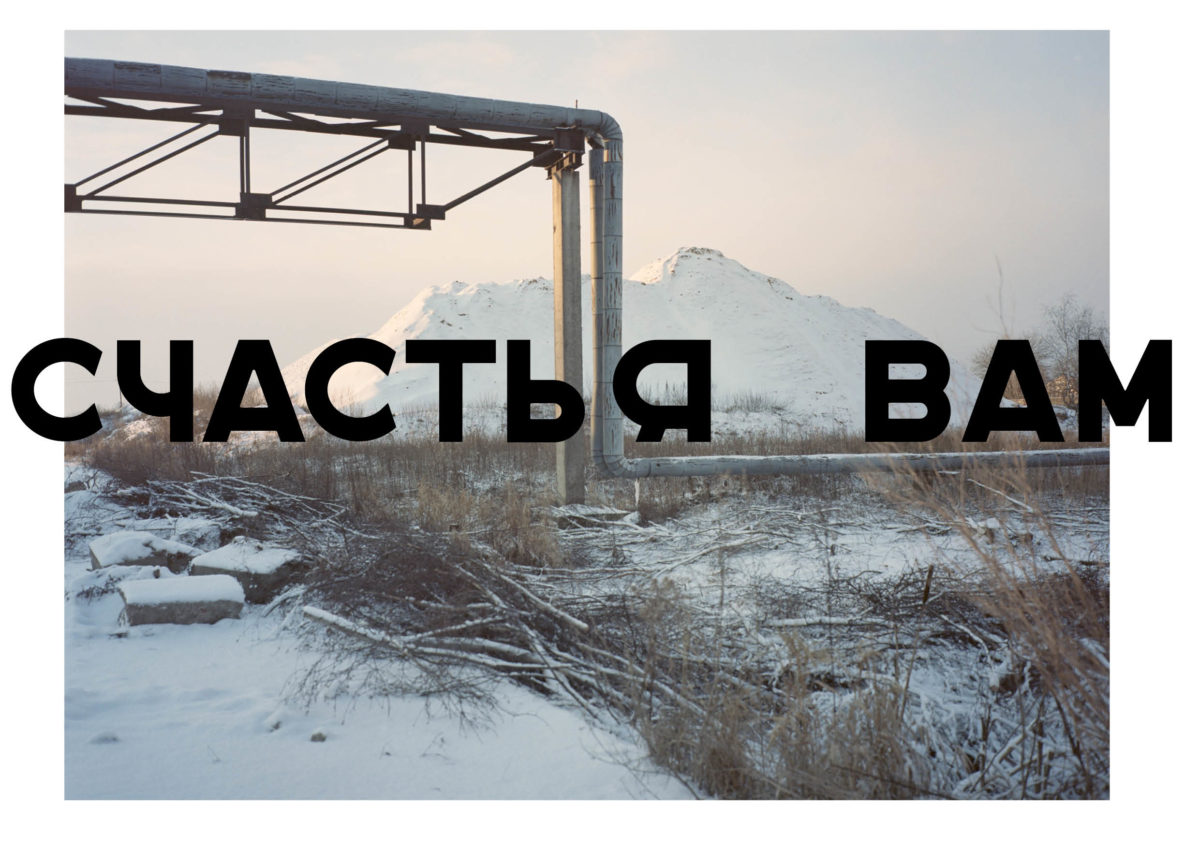Zoopark Magazine #3
Text by Shoair Mavlian
Time capsules are a fascinating concept. On assembly, the intention is to both preserve a contemporary moment and attempt to communicate with the people of the future. The opening of a time capsule is often a celebratory occasion, a chance to look back at the past and merge it with the present. The year 2017 saw the opening of dozens of time capsules to celebrate the centenary of the beginning of the Russian Revolution. These capsules had mostly been put together and buried across the Soviet Union in 1967 on the fiftieth anniversary of the Russian Revolution, and were filled with messages of hope and encouragement for future generations. An example of one such letter unearthed in 2017 reads as follows:
Dear descendants,
Today is an extraordinary day, 100 years of the Soviet rule. We heartily congratulate you on the great and glorious jubilee! We know ‒ our time is interesting. But yours is even more so. We are building communism, you are living under communism! We believe that you have perfectly equipped our beautiful blue planet Earth, explored the Moon and landed on Mars, that you continue to storm outer space like us, the people of the first 50 years, and that your spaceships have traveled far through the galaxy. [We believe] that you negotiate scientific and cultural cooperation with representatives of alien civilizations. We believe that the work, started 50 years ago by our fathers and grandfathers and moved forward by us, you will finish victoriously. Be happy dear comrades-descendants!


The hopes and dreams projected within this text are unfortunately in stark contrast with how history unfolded. It is a letter to a future that never materialised. The glorious celebrations of the centenary of the October Revolution never arrived – at least not in the way that the writer(s) envisioned. Instead, the time capsules were opened in a starkly different context.
Russia-born artists Alexander Bondar and Tatyana Palyga used this time capsule letter as the basis for their photobook, which was published as the third instalment in their ongoing series Zoopark Magazine, each issue of which explores a different city or geographical area. The photobook explores the contradictions between the then and the now, as the glorious vision for the future described in the evocative text is read alongside the sometimes-bleak reality of contemporary life. Shot in St Petersburg in winter, the high-contrast, often full-bleed images depict an ice-covered urban landscape. Everyday scenes of a children’s playground, a fast food van, and rows upon rows of concrete housing are punctuated by oddities such as a man and child riding Segways through the snow and markets selling cheap wears, such as blankets featuring the portrait of a young Vladimir Putin.
Zoopark Magazine #3 was published in Russian and English, and presumably at least some of its readers are – like Bondar and Palyga – the future comrades-descendants described in the letter, people who were born into what they were told was the greatest and most powerful state on the planet and then inherited a very different reality. The photobook thus emphasises that nothing is permanent – not even the most meticulously governed, embedded and enforced institutional structures. As a process, change can be simultaneously slow and immediate, building up over a long period but then reaching a critical mass that arrives like a wave seemingly out of nowhere. So it was that more than seventy years of Soviet ideology were dismantled in a fraction of that time, with only relics – such as this letter to the future – left behind.



Amid the rhetoric and emotive text of the letter to comrades-descendents, there is a reassuring sentiment worth highlighting: a shared common goal that spans across time and generations. 2020 is the twenty-fifth anniversary of Photoworks and we have used this milestone as an opportunity to reflect on our past and look towards the future. In the midst of an environmental crisis, a global pandemic, and the eruption of the second wave of Black Lives Matter protests worldwide, change seems inevitable. As the rest of the year unfolds, perhaps we should consider the following linked questions: what would we write to our future generations? What do we want to see, and how do we help to make it happen?




